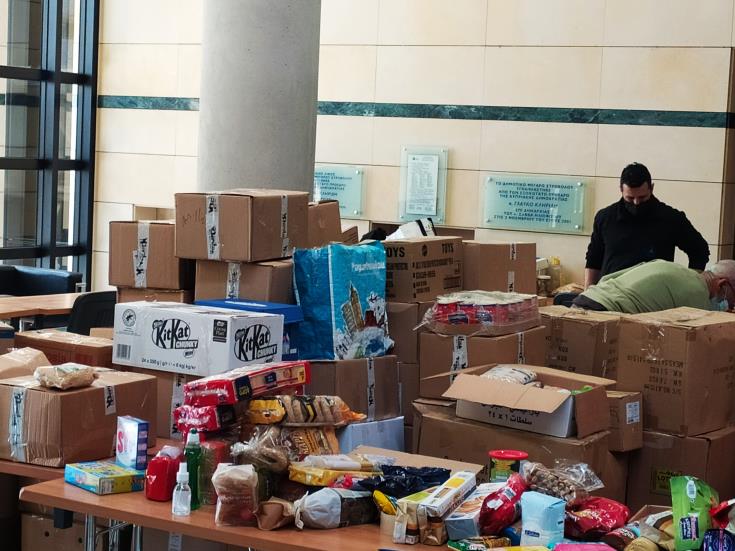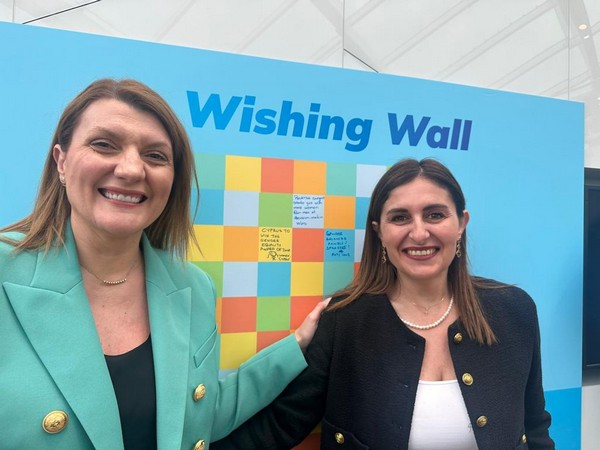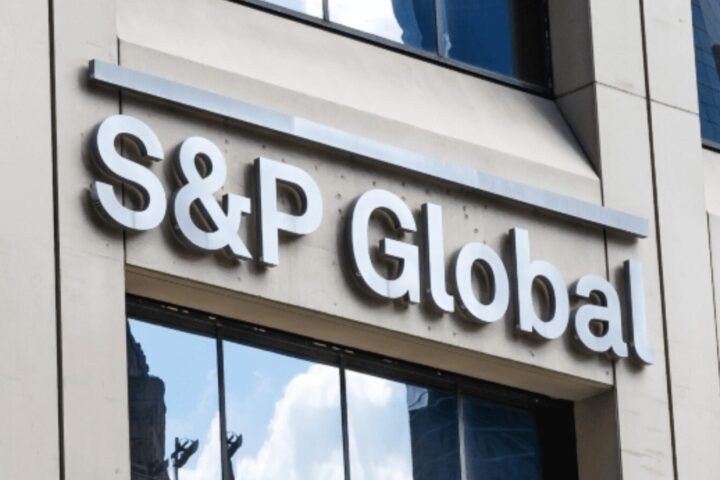The abrupt increase in the cost of living is becoming unbearable for an ever-growing number of Cypriot families, who are turning to charitable organisations to meet their basic needs.
Limassol-based charity Yellow Line sent a record number of aid packages to families in August.
Talking to the Financial Mirror, a volunteer at the Yellow Line and psychologist Angelina Fournari said that during August, when people are usually on holiday, the charity delivered a record 930 food packages to families in need.
She noted that since the organisation launched in 2020, amid the coronavirus pandemic and the first lockdown, it had given out 500 packages every month.
“We have never had such numbers, especially during August when most people are on leave.
“These numbers suggest that for the rest of 2022, the situation will become more difficult for some families,” said Fournari.
“The immediate future is predicted to be ominous, as we could see families living on the streets.”
What seems like a scene from a dystopian future may well become pictures from our daily lives, said Fournari.
She argued that the number of people who cannot make ends meet is continuously growing.
“Unfortunately, it is becoming a reality that we are constantly witnessing here at Yellow Line.
“The number of people who benefit from the initiative is increasing, and every day we have new calls from people who have difficulty coping with the daily demands of life.
“We know of families who cannot pay rent and students looking for families to rent them a room. This cannot go on for much longer.”
In Limassol, renting a one-bedroom apartment ranges from €800 – €900 per month, a two-bedroom apartment is around €1300m a month and a three-bedroom flat €1700 – €1800.
She noted that while Limassol has built a name for itself as a centre for high-end properties, the number of people at risk of becoming homeless is alarming, and the government should read the warning signs.
“Our phones do not stop ringing, with hundreds of our fellow citizens asking for a food package, school items and other essential goods like cooking oil and fruit.”
With schools opening, many families can’t afford to buy school bags for their children to carry their books.
To date, the Yellow Line has handed out 33,000 aid packages.
Yellow Line is an initiative set up by sports club AEL Limassol and local actors and businesspeople.
Social network
It is not only families in expensive Limassol that are having trouble making ends meet, but a social solidarity network reports more households needing support across the island.
Representing the network, Marina Koukou told the Financial Mirror that families contacting them for help to meet their basic needs is growing daily.
“We see new faces every day, and the most worrying is that many of them are young couples just starting their family,” said Koukou.
She noted that this should not come as a surprise as, according to statistics, 28% of the population is living on the poverty line, and 15% are actually under the poverty line.
Although families may be eligible for state support, such as the minimum guaranteed income, it is not enough to survive.
The minimum guaranteed income is €480 for the head of the family, another €250 for each family member over the age of 14, and €125 under the age of 14.
“The minimum guaranteed income may just suffice for a family to put a roof over its head and secure running water and electricity,” said Koukou.
“From there on, we also have low-income working families who are living on the poverty line, making ends meet with help from support from family such as a parent, handing them part of their pension”.
She noted that organisations like the social solidarity network are there to help, providing quick fixes with food packages and the occasional cash help.
“However, we should not exist.
“The government has the responsibility to take care of its people who during good times supported the state through their (tax) contributions.”
Asked what can be done, Koukou said the government has to revise its benefits policy, such as the minimum guaranteed income, introduced in 2014.
“Eight years have passed, which saw lockdowns and restrictions due to COVID, and now a hiking inflation rate powered by the war in Ukraine.”
“The state has an obligation to its people, such as the elderly, who have spent their lives working, and are now living on pensions which are barely enough to ensure they have their medication, and at best, a home.”










